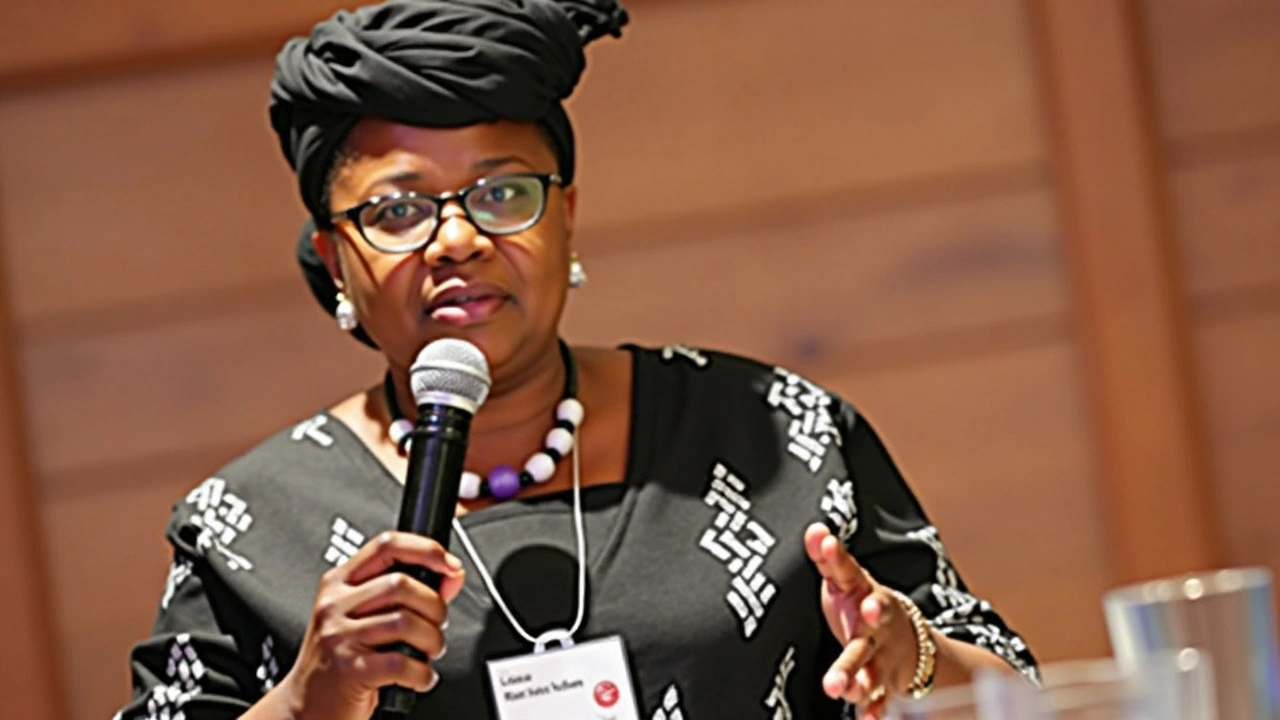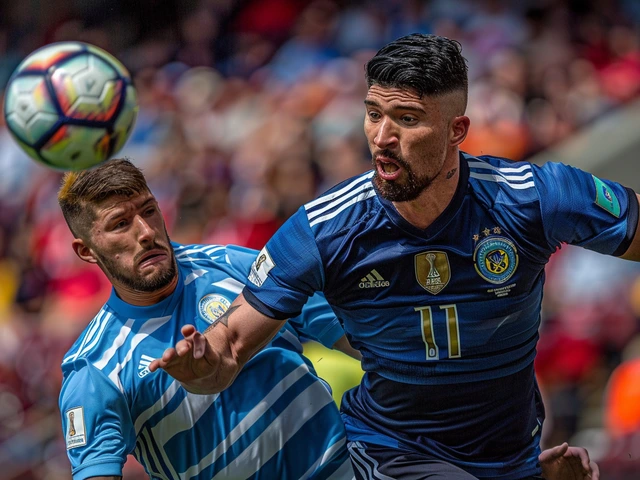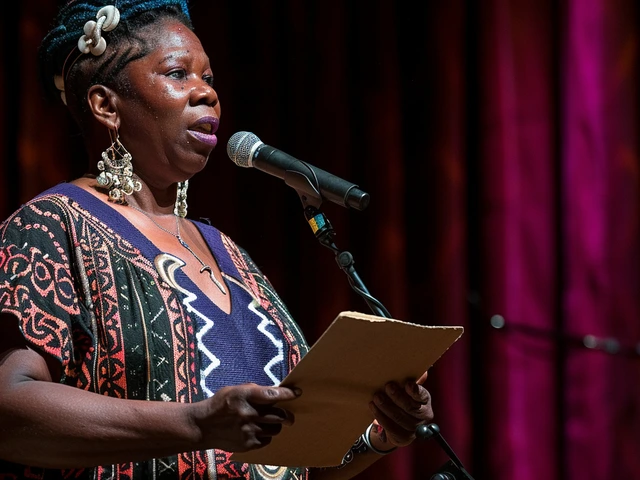Ngozi Okonjo‑Iweala – Who She Is and Why She Matters
When you hear the name Ngozi Okonjo‑Iweala, think of a Nigerian economist who has spent her career opening doors for African businesses on the world stage. She grew up in Nigeria, studied at Harvard, and later earned a PhD from MIT. Those years gave her a solid grip on economics and public finance, tools she would later use to reshape how Africa trades with the rest of the world.
From Nigeria’s Finance Ministry to the World Trade Organization
Okonjo‑Iweala first made headlines as Nigeria’s finance minister. During two terms, she tackled debt, improved tax collection and pushed for transparent budgeting. Her work helped Nigeria attract foreign investment and cut down the cost of borrowing. After that, she joined the World Bank as a senior economist and helped launch the World Bank’s “InfoDev” program, which supports small‑scale innovators in developing countries.
In 2021 she broke another glass ceiling by becoming the first woman and the first African to lead the World Trade Organization (WTO). As director‑general, she has been busy polishing the WTO’s rules, making them clearer for developing nations, and pushing for reforms that speed up dispute settlements. Her goal is simple: make global trade fairer so that African producers can sell more, earn more, and create jobs at home.
What Her Leadership Means for African Trade
Under Okonjo‑Iweala’s watch, the WTO has launched several initiatives aimed at small and medium‑sized businesses in Africa. One program helps exporters meet international standards, while another gives training on digital trade tools. These steps mean a farmer in Kenya or a tech start‑up in Ghana can reach buyers in Europe without facing endless paperwork.
She also talks a lot about “trade‑for‑development.” That idea links trade agreements to real‑world outcomes like better roads, stronger power grids, and more skilled workers. When a trade deal includes infrastructure promises, African countries get the support they need to move goods faster and cheaper.
Critics say the WTO moves too slowly, but Okonjo‑Iweala argues that steady progress beats sudden, chaotic changes. She pushes for evidence‑based policies and invites African voices to sit at the table when new rules are drafted. Her style is practical: listen, test a policy, then scale it up if it works.
For everyday readers, the takeaway is clear. If you’re a business owner, a student of economics, or just someone who cares about Africa’s future, watching Okonjo‑Iweala’s work gives you a glimpse of how global rules can be shaped to help local markets grow. Her story shows that expertise, persistence, and a focus on real‑world impact can move big institutions toward more inclusive trade.
So the next time you see headlines about WTO meetings or African trade fairs, remember Ngozi Okonjo‑Iweala’s name. She’s the person linking those events to the shop front, the factory floor, and the farmer’s field across the continent.




